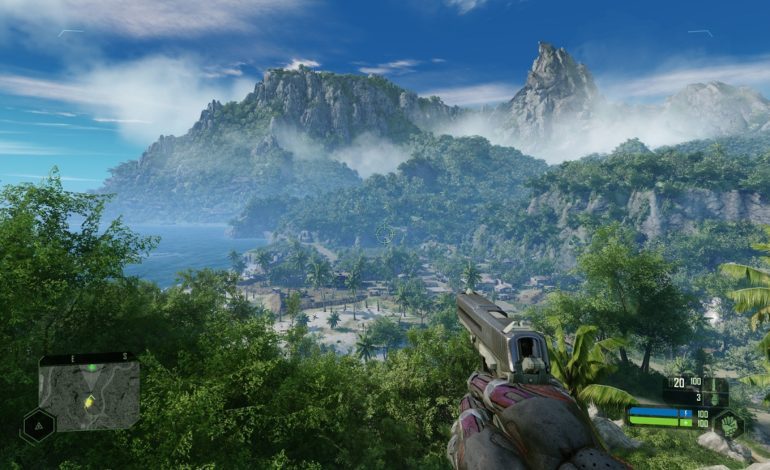

According to a post from Games Wirtschaft, which was translated by Game Developer, Germany’s Ministry of Culture is planning on investing heavily into their video game industry. Starting next year, the country will begin this process with a subsidy of roughly €33.3 million ($36.2 million) and will continue this over the course of three years, spending a sum total of €100 million within that time frame. This will be led by the Culture representative, Claudia Roth, and is aimed to support indie and mid-level developers.
Germany plans to invest over 100M € over 3 next years in its videogame industry. Beginning with a subsidy of 33.3M Euro for 2024.
The investment will go largely to Indie and mid size devs.https://t.co/1BWvi8W1zm
Game: Constance pic.twitter.com/adMfVWOqTZ
— Knoebel (@Knoebelbroet) November 17, 2023
Some of these developers are actually well-known within the video game industry. This includes Crytek, Black Forest Games, and Deck13, the developers of the Crysis, Hunt: Showdown, Destroy All Humans, and Atlas Fallen series respectively. State Chancellery Nathaniel Liminski added that this funding will help create a “coordinated and internationally competitive funding structure.” Liminiski also stated that it is imperative that the German government realize “what goals is is pursuing with its game funding.”
In previous years, the Ministry of Economics utilized associated funds for game development. However, Malik Aussendorf, a member of the German political party called The Greens, stated that the Ministry had some “structure problems” due to mismanagement. This new flush of funds for the German industry is meant to fix the previous management’s “technical weakness,” while also advising publishers and investors to prepare for the coming years. As we already stated, this new plan is aimed at indie and mid-level studios, not operating on a larger budget. However, the Ministry of Culture believes that bigger AAA studios will also reap the benefits of this subsidy, and could see the effects of this as early as 2025.
Play games, take surveys and take advantage of special offers to help support mxdwn.
Every dollar helps keep the content you love coming every single day.
